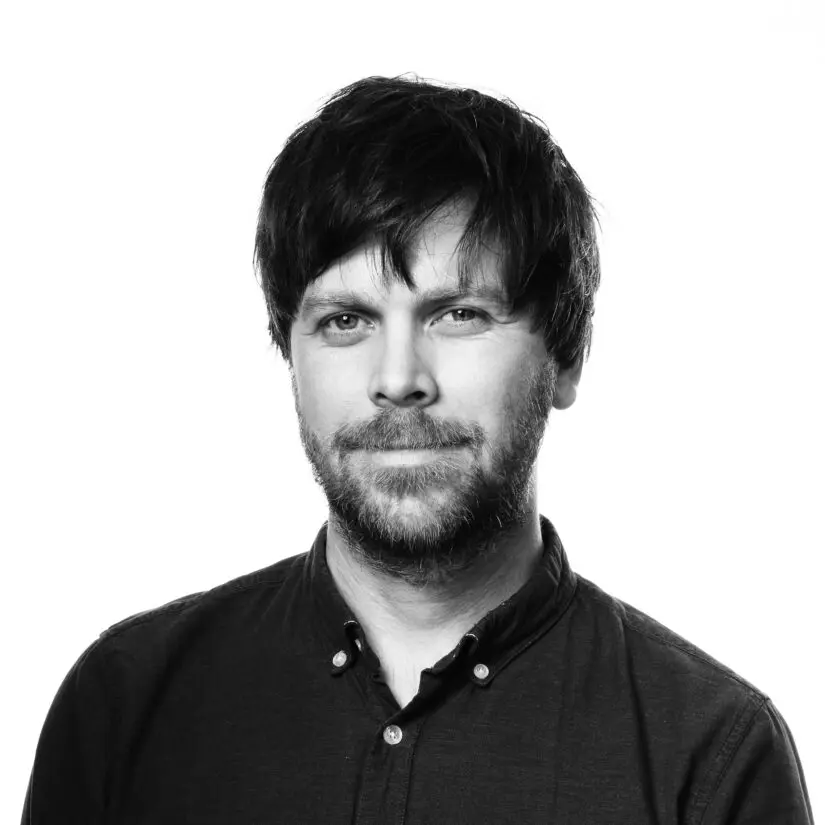America’s Global Standing Takes Yet Another Hit
This autumn, I was supposed to visit the United States as an official guest. Together with other European journalists, I was selected to participate in a friend-making program organized by the State Department.
For two weeks, I was to travel across four states, visit media organizations and universities, discuss journalism with Americans and meet with authorities at various levels. Everything was organized, planned, carried out and paid for by the U.S. authorities, part of a program that has been around for many decades.
That was not how it turned out.
For decades, the United States’ international trademark has been to win hearts and minds. But something big changed in a short time: President Donald Trump now sees more value in blackmail, punitive tariffs and ultimatums than in ‘soft’ diplomacy.
Then the same authorities who invited me to their country as their guest suddenly went silent.
This story begins a few years ago. A couple of diplomats from the U.S. Embassy in Oslo asked if they could nominate me to participate in an exchange programm for young people, better known as the International Visitor Leadership Program or IVLP.
Since 1940, this has been an important tool for the American State Department to promote diplomacy and understanding between the U.S. and the rest of the world.
Arctic Circle Visit
The diplomats who recruited me were visiting Tromsø, a small city north of the Arctic Circle where I live, to familiarize themselves with the media landscape in Northern Norway. At that time, a controversy surrounding the arrival of American nuclear submarines in Norway had reached the columns of the regional newspaper Nordlys, where I was working.
Geopolitics above the Arctic Circle, where the golf stream can create shirtsleeve weather in December and further north Norway borders the Russian Federation, are also local. My columns and articles, and those of others, were full of reporting on American foreign and security policy.
My immediate reaction to the official invitation: why not?
I’ve never been particularly interested in the United States. I cannot recite lists of American presidents or name all 50 states. But I have always been fascinated by how Americanism plays out around the world, especially in Europe.
In late summer, confirmation of my trip came from the U.S. embassy. My departure from Norway was set for Sept. 13. I received a list of all the participants along with the cities and states we would visit. This seemed most promising.
The specific program is called the Edward R. Murrow Program for Journalists: Investigative Reporting. It was designed to give European news media professionals a better understanding of the American news media landscape today. It’s named for the American journalist who virtually invented radio news, the CBS correspondent who broadcast live from London rooftops as Nazi bombs fell down around him, as you can hear a bit off here.
I was told to report to the consular section of the U.S. Embassy in Oslo for a visa. That’s when things started to get interesting. For my previous trips no visa was required, but that was before Trump began his second term.
Soft diplomacy
For decades, the United States’ international trademark has been to win hearts and minds. Some 230,000 people have participated in an IVLP program, a dozen of whom became Nobel Prize winners. About 500 are current government officials, according to the US State Department. They participate in programs ranging from security policy, art and culture to women’s rights and leadership development.
But something big changed in a short time: President Donald Trump now sees more value in blackmail, punitive tariffs and ultimatums than in “soft diplomacy.” Support for civil society is being cut. The country is withdrawing from multilateral cooperation. This creates opportunities for other nations.
China has long recognized that power is not only about economic growth and military build-up, but also about narrative. Soft power—the ability to shape others through peaceful persuasion—has therefore become a central part of Beijing’s global strategy.
Implications Explored
What does this mean for Europe?
The Trump administration’s attacks on the press, political opponents and control functions are now so commonplace that they are no longer news. Both the U.S. civil service and political appointees are now under constant pressure from the president and his allies to conform to whatever Trump wants.
What significance does this have for the U.S.’s relationship with us in Europe? Purges and reorganizations lead to a loss of expertise and institutional memory. This could backfire when a major crisis arises. Employees in ministries are being reassigned or fired as Trump loyalists are appointed to those posts. To Team Trump, the federal civil service is the enemy. The room for experienced federal experts to maneuver is limited.
Just One Question
When I arrived at the consular section in Oslo, I was asked only one question: ‘What do you do for a living?’
Then I’m told that all social media accounts must be set to public. They will be screened.
“All of them?” I ask.
“All of them,” the visa officer replied. “And we need your usernames.” She listed examples: Snapchat, X, Facebook, Instagram, LinkedIn, Flickr…
I lose track.
“Do you have X?” she asked.
“No.”
I deleted it when Elon Musk bought it, but I refrain from mentioning that.
“OK, all the others, then.”
“Is Flickr considered social media?” I ask., referring to a photo storage service.
“Yes.”
What to do?
I’m handed a document. It says: “Limited access to, or visibility of, online presence could be construed as an effort to evade or hide certain activity.”
What do you do in such a situation? This violates the fundamental principles of any journalist. Should I give the U.S. access to all my social media content, I ask myself silently?
On the other hand, it is possible to be pragmatic and swallow some principles for the greater good. I could give in and get a first-hand impression of a regime that is in the process of eating away at liberal democracy from the inside.
Most important, doesn’t the U.S. already have control over what I write on social media? Not that there’s anything exciting there anyway. A few pictures of my garden, my friends, and me traveling together and some soccer matches plus some articles I’ve written.
Well, I decided to put my accounts on “public” as the visa officer asked.
Next, I’m invited to a meeting with the embassy’s diplomats, where we go through the program’s purpose and content. The itinerary is confirmed. I’m sent lists of other participating journalists and the cities we will visit.
Weeks go by. I ask about the visa.
‘You will be notified when the application has been processed,’ is the response from the embassy’s consular section.
Time to Go
The day of departure arrives. The diplomats who invited me to the United States are unable to respond when I ask about the promised visa.
‘The visa process takes on a life of its own,” I’m told.
At last I finally got my passport back in an envelope, but without a visa.
Former CIA Director William J. Burns has described how American diplomacy is now being undermined from within. What was once a strength — a foreign service that represented the United States with knowledge and long-term vision — is now seen as an obstacle by the Trump administration. Even a visa invitation from the State Department to participate in a program organized by them is not enough in my case to be allowed to enter the US.
I have wondered a lot about why I never got a visa. I have never in my career covered U.S. politics. I have never been arrested, used drugs or been involved in criminal activity.
Could it be a Facebook post from January 2021 that raised a red flag at a visa office in Washington D.C., where I referred to how the storming of Congress was covered in the Russian media? Or was it a debate on the night of the presidential election that a friend and I organized in Tromsø, entitled “MAGA 2.0 or MAGA Splash,” that set off alarm bells?
I have no idea. I will probably never know.
I have since tried to find out why I never got a visa. But neither the consular section at the embassy nor the diplomats who invited me to the U.S. have been forthcoming. I hear nothing from the former. From the diplomats, the message is that the visa process is something they have no insight into or control over. Sorry, they say.
Just as this column was to be published I heard back from the American embassy about the reasons my trip was cancelled. The anodyne explanation came in an email:
“Mr. Trellevik,
Thank you for your email and apologies for our delayed response. The visa was refused because your program start date passed before the visa could be issued. We are unable to issue J-1 visas when the purpose of travel no longer exists.
Thank you for your email.”
This is, of course, just a way to get away from the basic issue—they ‘waited me out’ until the program was over before refusing to issue me a visa.
Balance of Power
Trump’s new term is more focused on attempting to change the entire balance of power and dismantle the rules-based world order. I’ve read stories of foreign journalists being arrested and deported in America.
I called an acquaintance in the U.S. and aired my concerns long before I realized that I would never get a visa to participate in the program.
“You have to come over and report on how democracy is being dismantled piece by piece,” she said, adding a dire warning for me and my fellow Europeans:
“It is an illusion that what is happening now in the US cannot happen in Europe.”
“FREEDOM OF THE PRESS IS NOT JUST IMPORTANT TO DEMOCRACY, IT IS DEMOCRACY.” – Walter Cronkite. CLICK HERE to donate in support of our free and independent voice.




